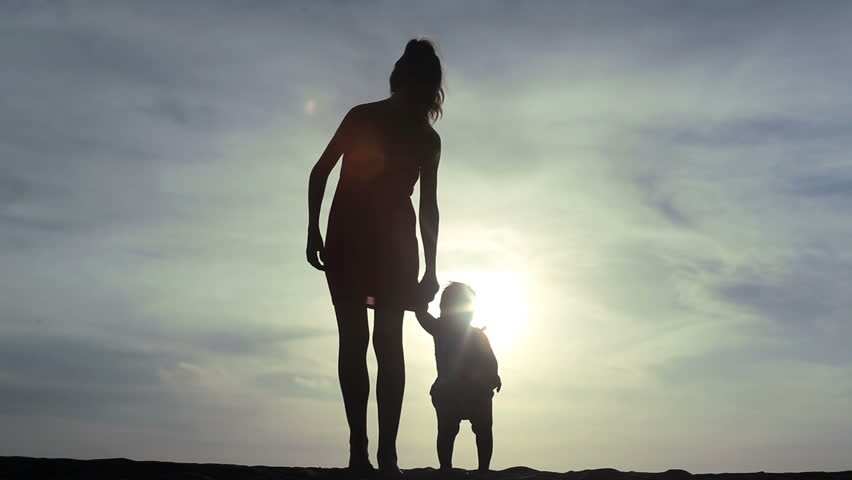A unique case of adoption involving an Indian brother and a sister came up for hearing at NSW Supreme Court earlier this year.
The adoption case involved an India-born 20-year-old man described as R, who wished to be adopted by elder sister, known as S.
R who lives with his sister, S in Sydney wished she would adopt him because he wanted to ‘achieve psychological independence from his birth parents’ who live in India.
S in an affidavit said that their mother resumed work after R’s birth and their parents were rarely home before 9pm.
She said, “I have been responsible for the care and maintenance of [R] since his birth and effectively became his parent, I would be responsible for taking him to school and collecting him from school each day, preparing his morning and evening meals, bathing him and helping him with his homework. Under my care, [R] did extremely well with studies and sport and I enjoyed teaching [R] and training him.”

S also shared how she entered into an arranged marriage at the age of 22 set up by her parents and later got a divorce due to ‘dowry demands’ and gave up her son for adoption.
Her relatives applied to adopt S’s baby. She said, “It was decided collectively by me, my family [and the relatives] that it was in [the child’s] best interests for [the relatives] to adopt him. After [the child’s] legal adoption, [the relatives] asked me to limit my contact with [the child] for the sake of his emotional stability. I considered this decision heartbreaking but for [the child’s] best interests thus followed it.”
S migrated to Australia in 2008, at the suggestion of her parents, who thought the divorce had brought “discredit” to the family. In 2013, her brother, R, who was then 15, joined her.
R enrolled in a high school in Sydney and today is pursuing a degree in marketing in Sydney. R is now eligible to apply for permanent residency, the court was told.
R told the court how his parents had made decisions for him like going out with friends or participating in University Games in Australia.
In July 2015, R asked the parents whether he could go to Europe with his friends. R said in an affidavit: “However, in or about December 2015, when it came time for my friends and I to book our flights make firm plans, I had a further conversation with my parents in India over the phone, saying to them words to the effect of ‘So, the trip to Europe is going ahead. I just wanted to make sure that you were [sic] guys still ok with me going’. They responded ‘No, you can’t go anymore. You’re too young’. I was really upset when I heard because my friends and I had been planning this for some time. However, because of my culture, I did not argue with them. I also know from past experience that my parents in India have the last words and what they say is final.”

In another instance, R was selected to be a member of his university soccer team to participate in the University Games held in Wollongong over four days in July 2016.
In May 2016, R told his parents he had made the team. He said: “My parents responded ‘No, you can’t do that. You can’t go’. I then asked them ‘’. I then asked them ‘Why?’, to which they said ‘You’re too young, you can’t’. Again, I did not argue with this and was extremely disappointed because I was not able to be a part of the Team or compete.”
R said, his desire to be adopted by S is born of a desire to “legitimise” what he sees as the de facto relationship between he and S; namely that of mother and son.
He also sees it as a means that he can use to resist ongoing demands that he apprehends that the Parents will make of him consistent with Indian tradition.
In one of his affidavits, he said: “In the Indian culture, there is a strong emphasis of abiding by and honouring the commands of one’s parents. I am concerned that if my parents were to call from India and demand that I return back there, then I would have no choice than to submit to their demands and return and the thought of this causes me significant distress and anxiety. I feel that if [S] was to adopt me, then the prospects of me having to return to India if my biological parents were to request it would be substantially reduced.”
On March 20th, Judge James Stevenson described the case as ‘troubling’ and declined to make the adoption order sought.
Justice Stevenson declared the application “outside the ordinary” because an adoption is normally ordered “where the child does not have parents available to him”.
“R does not feel emotionally close to his parents but they are still available to him,” he said.
“They are not unwilling to care for him. They still play a role, and perhaps an overly intrusive role. He wants to be free of them.”
However, “this is not the function of adoption in Australia”.
“What is clear to me is that an adoption order is not an appropriate solution to the problems R is facing,” the Judge observed and recommended, “R may well benefit from counselling to support him through the turmoil and challenges he is experiencing.”
Follow us on FACEBOOK



